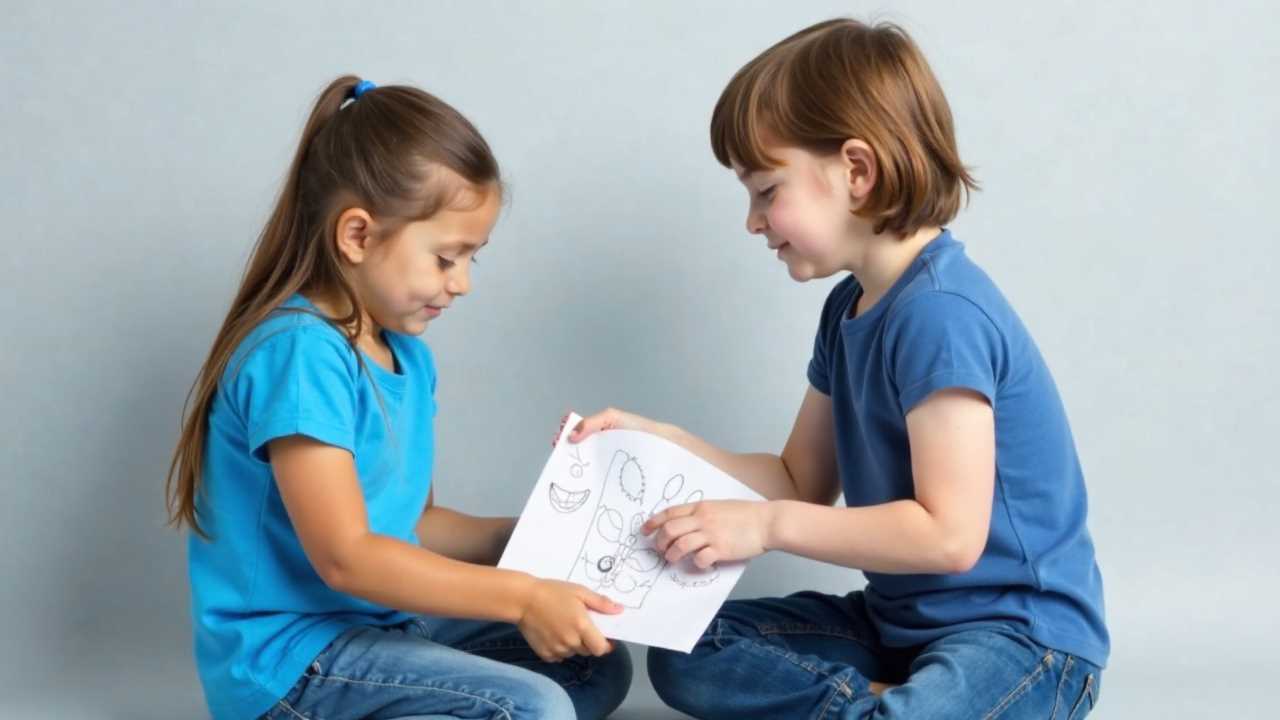
Understanding the Importance of Origami for Special Needs Kids
Origami, the ancient art of paper folding, serves as a remarkable tool for special needs kids. This engaging activity not only provides a creative outlet but also fosters essential skills such as fine motor skills and sensory development. By manipulating paper into intricate shapes, children can experience a unique blend of creativity and learning that is both enjoyable and beneficial.
Benefits of Paper Folding Activities
Engaging in creative activities like origami offers numerous advantages for children with special needs. The act of folding paper requires concentration and precision, which can significantly improve their fine motor skills. As they practice, they develop hand-eye coordination and dexterity, skills that are vital for daily tasks such as writing, buttoning clothes, and using utensils.
Moreover, origami encourages visual learning. Children learn to follow step-by-step instructions, which enhances their ability to process visual information. This skill is particularly beneficial for those who may struggle with traditional learning methods, as origami provides a tactile and visual approach to understanding concepts.
Enhancing Sensory Development Through Origami
Sensory development is crucial for children, especially those with special needs. Origami offers a multi-sensory experience that engages touch, sight, and even sound. The texture of the paper, the sound of crisp folds, and the visual transformation of a flat sheet into a three-dimensional object stimulate various senses.
Through origami, children can explore different types of paper, such as textured, colored, or patterned varieties. This exploration not only enhances their sensory awareness but also allows them to express their creativity. Each fold and crease becomes an opportunity to discover new sensations and improve their sensory processing skills.
Adaptive Techniques for Successful Paper Folding
To make origami accessible for all children, especially those with special needs, it’s essential to implement adaptive techniques. These techniques can include using larger sheets of paper for easier handling, incorporating visual aids such as diagrams or videos, and breaking down complex designs into simpler steps.
Utilizing tools like adaptive scissors or pre-scored paper can also facilitate the folding process. By modifying the activity to suit individual needs, we can ensure that every child has the opportunity to participate and succeed in origami.
Creating a Supportive Environment for Origami
A supportive environment is vital for fostering creativity and learning. When introducing origami to special needs kids, it’s essential to create a calm and encouraging atmosphere. This can be achieved by providing ample space for each child to work, minimizing distractions, and offering positive reinforcement throughout the activity.
Encouraging collaboration among peers can also enhance the experience. Working together on origami projects allows children to share ideas, help one another, and build social skills. This collaborative approach not only makes the activity more enjoyable but also reinforces the sense of community and support.
Incorporating Origami into Educational Settings
Integrating origami into educational settings can significantly benefit special needs children. Teachers can incorporate origami into various subjects, such as math, art, and science. For example, folding geometric shapes can enhance understanding of spatial relationships and geometry concepts.
Art classes can utilize origami to explore creativity and self-expression. By allowing children to create their own designs, they can develop a sense of ownership and pride in their work. Additionally, science lessons can incorporate origami to explain concepts like symmetry and transformation.
A Pathway to Growth and Development
Origami for special needs kids is more than just a fun activity; it is a powerful tool for sensory development, fine motor skills, and visual learning. By engaging in paper folding, children can explore their creativity while developing essential skills that will benefit them in various aspects of life.
Through adaptive techniques and a supportive environment, we can ensure that every child has the opportunity to experience the joy and benefits of origami. By incorporating this art form into educational settings and daily activities, we pave the way for growth, development, and a deeper understanding of the world around them.
 Kids Art ProjectsParty PlanningPaper CraftsOrigami for KidsPrivacy PolicyTerms And Conditions
Kids Art ProjectsParty PlanningPaper CraftsOrigami for KidsPrivacy PolicyTerms And Conditions
